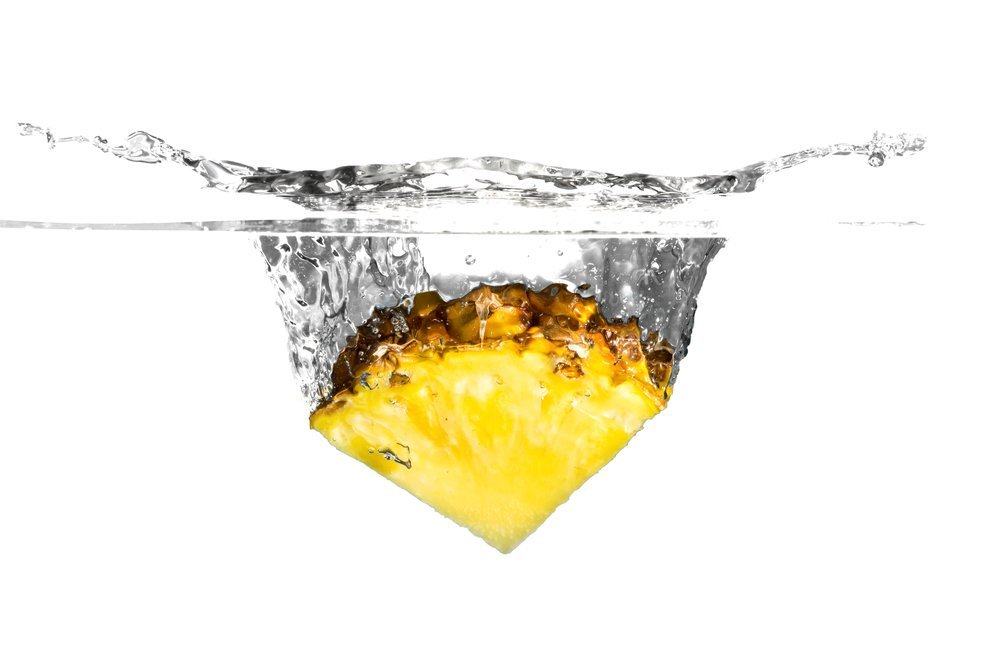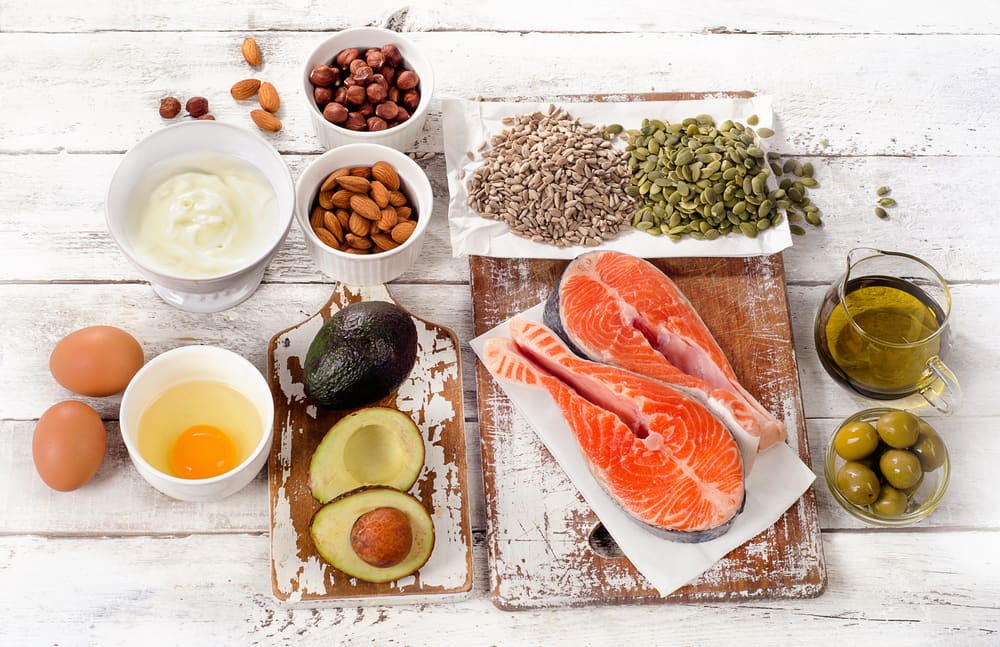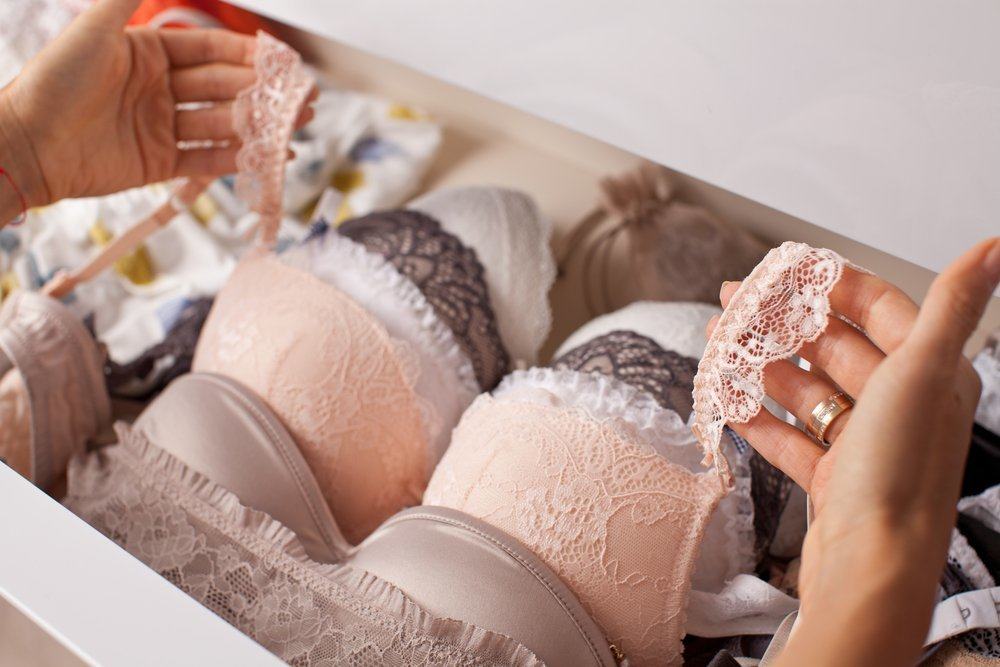Contents:
- Medical Video: Caring For Your Newborn
- Development & Habits
- How should my baby develop on week 37?
- What should I do with my baby on week 37?
- Health & Safety
- What do I need to discuss with the doctor on week 37?
- What should I know at week 37?
- Attention
- What should I pay attention at week 37?
Medical Video: Caring For Your Newborn
Development & Habits
How should my baby develop on week 37?
At 37 weeks, the baby may be able to:
- Try to get toys that are far from reach
- Look for falling objects
What should I do with my baby on week 37?
If you have to leave for a few days, your baby may not want to let you go and feel afraid of others so that it can be troublesome for your grandfather, grandmother, and caregiver. You can help by reminding people to approach slowly and let the baby move first.
At this age, the baby does not understand the concept of going away, but will realize that he is in a new and unfamiliar place. Be prepared for his fussy attitude and always want to be close to you, and you must turn your attention to picture books, toys that make sounds, multilevel beams, hand puppets, and of course his favorite objects if any. In order for a child not to be too depressed, let him spend more time with a known caregiver (his grandmother or grandfather, for example) than to let him be surrounded by many "strangers" all the time.
Health & Safety
What do I need to discuss with the doctor on week 37?
Every doctor will have a separate approach to examine the baby. The order of physical examination, the number and type of assessment techniques and procedures will also vary depending on the individual needs of the child. You can expect these things to be examined:
- The doctor will ask about your activities and your child and family members at home, how to eat and sleep baby, and progress in general. Ask about how to care for children when you work.
- Measure body weight and length and baby's head circumference and progress from birth.
What should I know at week 37?
Flu
Most children get flu as much as 8-10 times in the first 2 years. Your main task is to keep your baby feeling comfortable so that his body can fight the virus and recover. To help babies improve:
- Let the baby rest a lot. He may need a nap longer than usual or an extra nap schedule.
- Place a few towels or wedges under the mattress to lift the head slightly and make breathing easier.
- Bathe the baby with warm water.
- Keep giving baby fluids such as breast milk, formula milk or water.
- Use prescription saline drops and pipettes to relieve and remove snot from the nose.
- Put a humidifier or vaporizer in his room, or bring him with you to the steamy bathroom or bathe with a shower for 15 minutes to help clean his respiratory tract.
- Consult your pediatrician before giving flu medication or using a nasal sprayer. Never give aspirin, ephedra, or ephedrine, or other drugs that contain these ingredients. You can give acetaminophen or ibuprofen for fever, but it is important to determine the appropriate dose beforehand. If you are unsure of the dosage, contact your doctor.
- Call your doctor if the symptoms worsen after 5 days or last more than 10-14 days, or the baby begins to breathe wheezing, difficulty breathing, crying while eating or when going to sleep, continuing to draw his ears, or rectal temperature more than 38.3 degrees Celsius.
To prevent flu, wash your hands and your baby regularly, and have others wash their hands before handling the baby. Keep the baby away from people who are sick and smokers. If you are breastfeeding, continue as long as possible to reduce the chance of getting the flu.
Changes in sleep patterns
The length of the baby's sleep is not too important compared to the quality of the baby's sleep. If the baby refuses to take a nap, but looks fussy and too tired at dinner hour, chances are he needs extra sleep, but maybe he even protests because he doesn't want to spend the time he can use to move and explore the room. Babies who lack naps seem unhappy and cooperative. If the baby is less able to take a nap, try to encourage it. Try laying it down when he is full and taking a shower, playing music that relaxes and relaxes, and massages in a quiet room with dim lighting. Don't give up quickly if the baby still doesn't fall asleep; some babies need time to be calm during the day. If the method doesn't work, you might have to take it out with a stroller or car.
Attention
What should I pay attention at week 37?
Feed the baby on the table
Babies must start sitting together with adults to learn about etiquette and social skills during meals. If it's practical and in accordance with your wishes, arrange a high chair near the table during mealtime, or arrange the baby in the dining room seat, give the baby a separate place and some snacks, and involve the baby in a conversation on the table. However, don't forget to prepare a normal dinner only for adults to keep the romance in your life.
No longer want to breastfeed
If the baby continues to protest while breastfeeding, overcome with the following tips:
- Try breastfeeding in a quiet and quiet place. 8-9 month old babies whose curiosity is getting more easily distracted by almost everything, from television to the sound of sirens of fire trucks and passing dogs. To maximize baby concentration, breastfeeding can be done in a dark and quiet room. Elus and hug the baby gently when he is drinking, to calm him down.
- Feed when the baby is drowsy, especially in the morning before the baby starts busy again. Pour after a warm bath at night, or after massage, or before nap time.
- Meet your baby while on the move. Some babies prefer to know that they take part in the action. In this way, they are sure that nothing has been missed.
- If the baby still seems uninterested while breastfeeding, he may really want to stop taking breast milk. Even though you may not be ready for this stage, there is nothing you can do.
You should continue pumping breast milk to feed the baby until at least the end of the first year. If you can't do it, you can replace it into formula milk. You can put breast milk or formula into a bottle, if the baby wants to drink. Try preparing breast milk or formula in a glass, at least a few days. Babies who start drinking with a glass earlier are often very good at this age. If you do wean your baby completely, try doing it gradually - for your baby's health and your own comfort. A gradual wash will give the baby time to increase the intake of formula before actually stopping drinking milk, and provide an opportunity for your breasts to reduce production slowly to avoid painful swelling.
What is the growth of a baby like in the 38th week?











